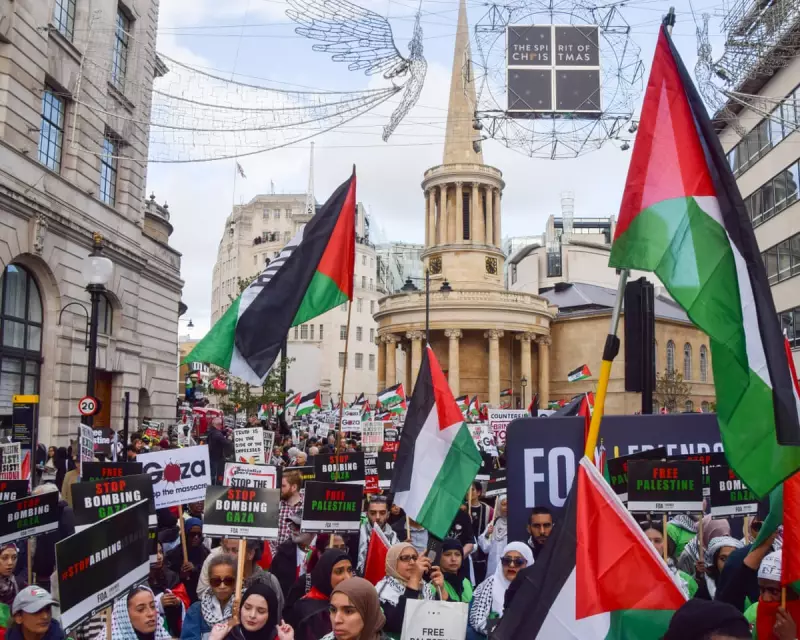
The BBC, long regarded as a bastion of impartial journalism, is under fire for its coverage of the Gaza conflict. Critics from across the political spectrum accuse the broadcaster of bias, leaving audiences on all sides feeling alienated.
A Crisis of Trust
Recent reporting on the Israel-Palestine conflict has sparked outrage among viewers, with both pro-Israel and pro-Palestine supporters claiming the BBC's coverage favours the opposing side. This has led to a growing crisis of trust in what was once considered Britain's most reliable news source.
The Complaints Pile Up
Ofcom, the UK's communications regulator, has reportedly received thousands of complaints about the BBC's Gaza coverage. The broadcaster's attempts to maintain neutrality appear to have satisfied no one, with:
- Jewish groups accusing the BBC of downplaying Hamas atrocities
- Palestinian advocates claiming the broadcaster minimises civilian casualties
- Politicians from all parties expressing concerns about reporting standards
Journalistic Integrity in Question
The controversy raises serious questions about the BBC's ability to report on complex international conflicts without alienating its diverse audience. Some media analysts suggest the broadcaster's traditional approach to balanced reporting may be inadequate for such polarised situations.
'When everyone is angry with you, it doesn't necessarily mean you're getting it right,' commented one senior journalism professor. 'It might mean you've lost the plot entirely.'
The Road Ahead
With trust in the BBC at stake, the broadcaster faces difficult choices about how to cover the ongoing conflict without further damaging its reputation for impartiality. The coming weeks will be crucial in determining whether the BBC can regain the confidence of its audience or if this marks a permanent shift in public perception.





